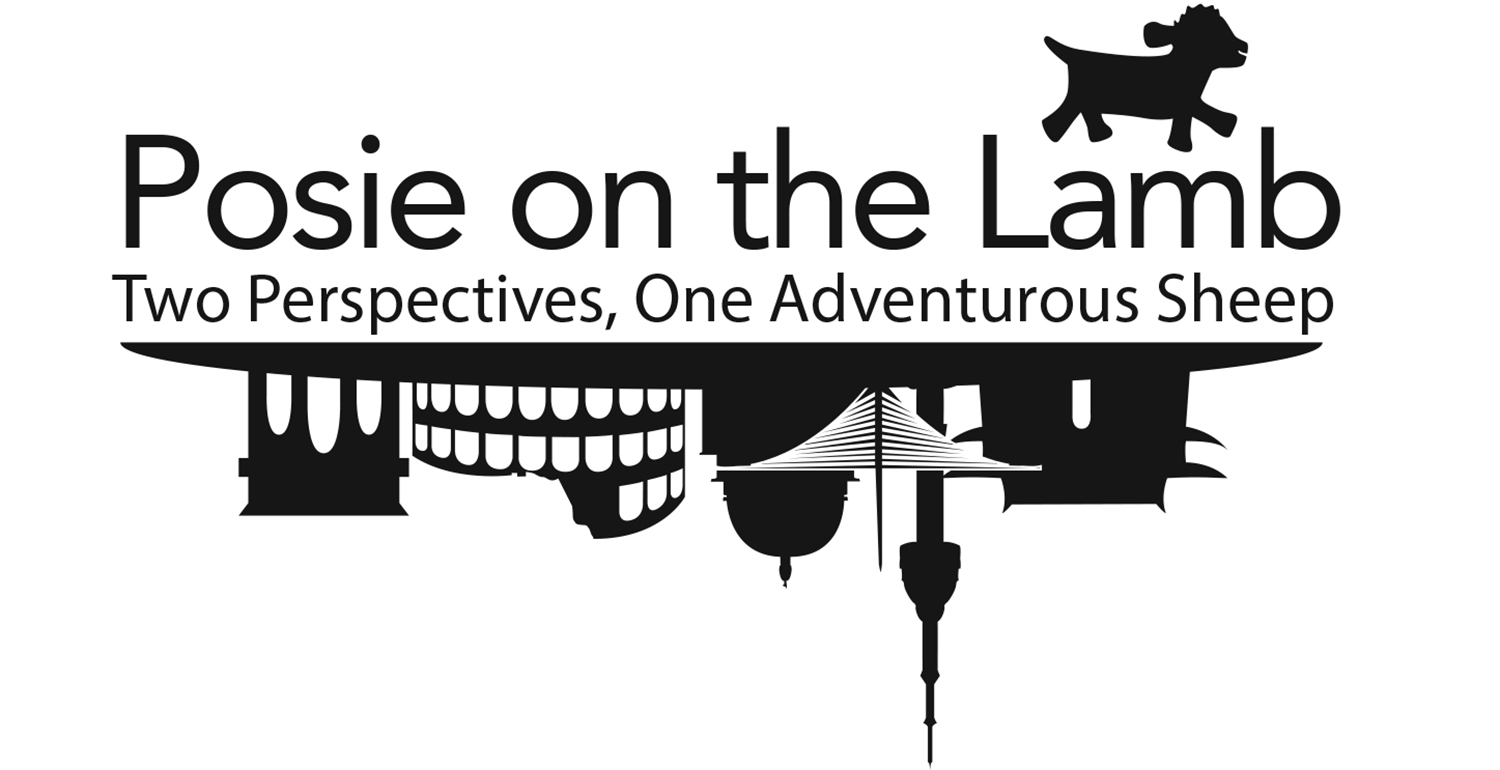High School Blues

Ah, high school. The jocks sit at their table, talking reverently about the “big game” and mocking whatever spazzes, nerds, geeks or dweebs happen to be nearby. The cheerleaders bounce between perky and bitchy with excessive levels of school spirit. The goth kids try to shock everyone with whatever piercing they’ve chosen to stick through their face today. The punk stoners just try to stay awake.
Now, imagine that one day, you walk into a high school and instead of the kaleidoscope of different styles and attitudes I just described, you encounter a sea of teenagers in crisp uniforms. Each student looks exhausted and terribly, fearfully attentive. Welcome to High School in South Korea.
Education in South Korea is focused on preparing children for the College Scholastic Ability Test, or Suneung. This test is superficially similar to the SAT/ACT exams in the states, except caffeinated and pumped full of steroids. South Korean High School students take the exam at the end of their senior year. It is eight hours long, consists of five different sections, dozens of subsections, and requires literally years of study and preparation.
Doing well on the exam is the all-consuming mission and burden of every child. Korean High School students typically start their day at 6am. They get up, slam some breakfast, and frequently do a bit of light studying before bustling off to class. School runs until mid afternoon after which, if they want to do well on Suneung (and yes, they want to do well), they go to after school programs. These typically run until nine or ten. Then they study and do homework until midnight. Every night. And then they go to special education camps and study sessions on Saturday. They may take Sunday off to get caught up on their homework, or just go outside for a bit and verify that yes, there is still a world out there. But otherwise? Their noses are buried in course books. This is a high school student’s torment for 3 solid years (Korean High School starts in the tenth grade).
And no wonder! A student’s Suneung results set the course for the rest of their life. These scores are almost solely responsible for determining what kind of college a student gets admitted to. Students who do well are guaranteed entrance to the best schools. They have essentially “made it.” College coursework is a breeze compared to the preparation for the Suneung, and after that you’re guaranteed a cushy, stable job, a nice apartment, and a respectable existence. Students who score badly have earned themselves a black mark that they may never recover from. Literally.
Today, November 8th, 2012, was test day in South Korea. I’m not sure I can accurately describe how seriously everyone over here takes these exams. Airports shut down so the sound of planes landing and taking off won’t interfere with students’ concentration. The Air Force base just north of Chungju, the one that’s been running non-stop, thunderous exercises since we moved here three months ago, was silent today. Some businesses have workers start an hour or two later so that rush hour traffic will be reduced. And if a student gets stuck in a traffic jam anyway, it is not unheard of for police to intervene with an escort to make sure they get to the testing site on time. Check out this Reuters report on the action if you don’t believe me.
The downside of all of this is the teen suicide rate in South Korea. According to the World Health Organization, the global suicide rate among teenagers aged 15-19 is 7.4 / 100,000. In America, it’s a bit higher at 11.3 / 100,000. In South Korea, it’s between 13 and 15 / 100,000, depending on what year you look at. The pressure to succeed is intense. Failure is devastating. Thankfully, South Korea recognizes that this is a serious problem. Unfortunately, it doesn't sound like the government has any idea how to change the situation.
Parents do what they can to lighten the mood and lift spirits. They give their children gifts for luck. These are frequently symbolic, and run the gamut from understandable to bizarre. Common gifts include toffee and sticky rice buns to help the answers stick inside the brain. Forks (yes, the utensil) are also given, usually because the Korean word for fork is very similar to a word meaning “to choose an answer.” Toilet paper is another traditional gift, mainly because it’s another homonym to a word meaning to solve or unravel. Although I think it’s so the kids will have backup in case they get to the sixth hour of their eight hour exam and just can’t hold it anymore.
-Sam
